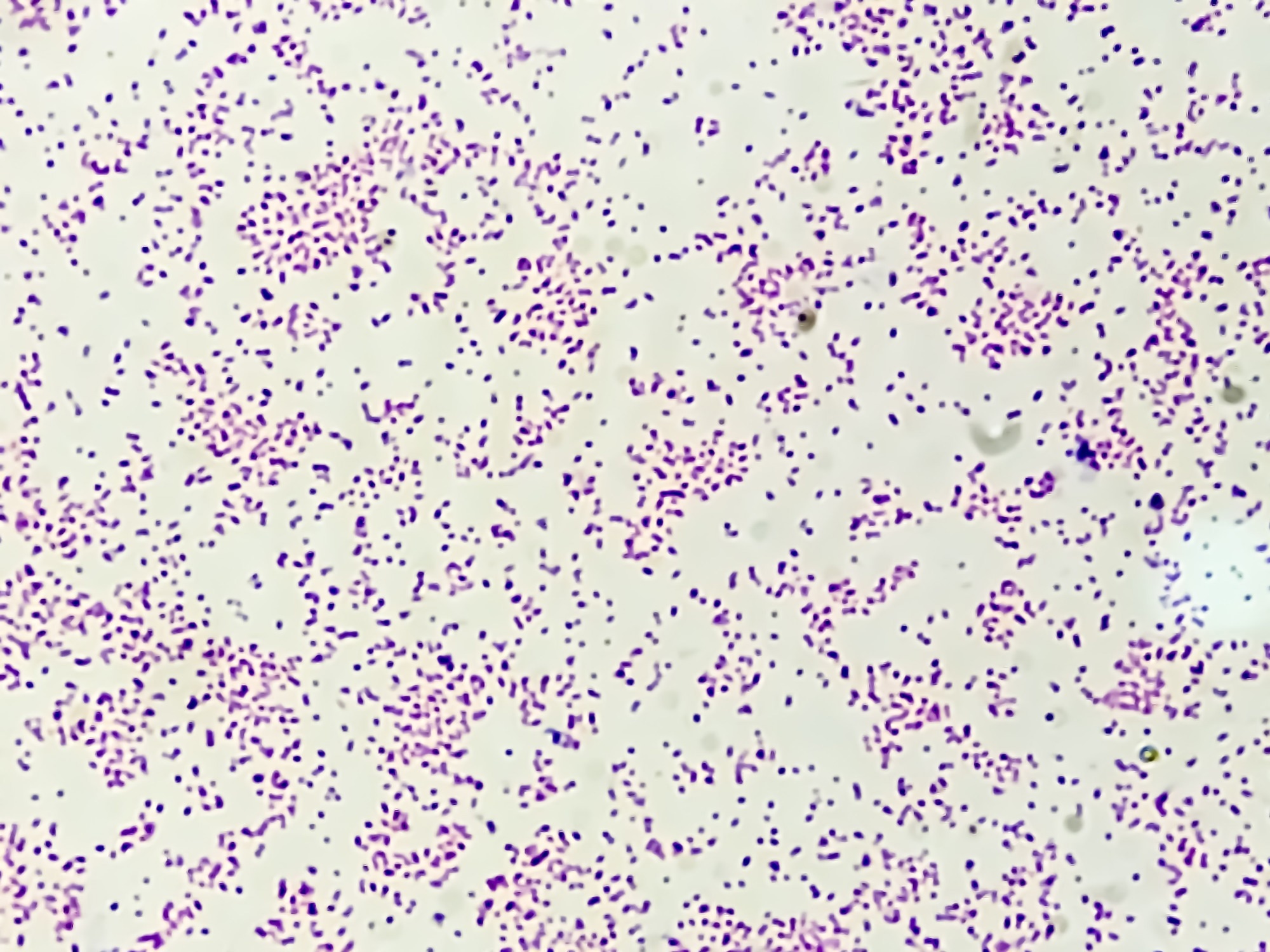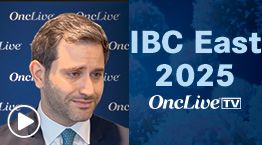Report on the Case of Capt. Michael Tallon and United Airlines: Implications for Sustainable Development Goals
Introduction
This report examines the federal lawsuit filed by Capt. Michael Tallon, a senior United Airlines pilot, who alleges wrongful treatment following a head injury. The case highlights critical issues related to health, workplace rights, and organizational accountability, which intersect with several United Nations Sustainable Development Goals (SDGs), particularly SDG 3 (Good Health and Well-being), SDG 8 (Decent Work and Economic Growth), and SDG 10 (Reduced Inequalities).
Background of the Incident
- On June 10, 2023, during a layover in the Azores, Capt. Tallon suffered a fall resulting in facial lacerations and concussion symptoms.
- Despite clear signs of head trauma, United Airlines management allegedly failed to provide immediate medical attention as per company protocols.
- Following the incident, Tallon was mistakenly accused of alcohol abuse, pressured to admit to an addiction he denies, and coerced into inpatient rehabilitation.
Details of Alleged Discriminatory Treatment
- Capt. Tallon was forced to attend Alcoholics Anonymous meetings and undergo breathalyzer tests twice daily despite medical evidence indicating no substance use disorder.
- United Airlines reportedly ignored reasonable accommodations for Tallon’s actual medical condition—post-concussion syndrome—while imposing burdensome requirements related to a non-existent alcohol problem.
- He was subjected to repetitive group therapies focused exclusively on alcohol dependence, which were inappropriate given his head injury.
- After nearly two years, Tallon was terminated for refusing to comply with the false addiction narrative.
Legal and Ethical Considerations
The lawsuit alleges that United Airlines’ actions violated principles of fair treatment and reasonable accommodation, raising concerns aligned with SDG 8, which promotes safe and secure working environments for all workers.
- Capt. Tallon’s termination avoided medical separation, potentially saving the company millions in disability payments, highlighting ethical issues in corporate responsibility.
- The coercion to admit to alcoholism without medical basis reflects systemic challenges in workplace health management and employee rights.
Impact on Sustainable Development Goals
SDG 3: Good Health and Well-being
- The case underscores the importance of accurate medical diagnosis and appropriate health care interventions in the workplace.
- Failure to address post-concussion syndrome properly contravenes the goal of ensuring healthy lives and promoting well-being for all ages.
SDG 8: Decent Work and Economic Growth
- Capt. Tallon’s experience highlights the need for inclusive, equitable, and safe working conditions.
- The alleged discriminatory practices and wrongful termination violate the promotion of sustained, inclusive economic growth and productive employment.
SDG 10: Reduced Inequalities
- The lawsuit brings attention to reducing inequalities within workplace health policies and treatment of employees with medical conditions.
- Ensuring non-discriminatory practices and reasonable accommodations is essential to achieving equality.
Summary of Capt. Tallon’s Professional Background
- Nearly 30 years of experience as a United Airlines pilot and check airman for the 737 fleet.
- Earned over $400,000 annually prior to termination.
- Known among colleagues as a moderate drinker, with no history of alcohol abuse.
Legal Representation and Company Response
- Attorney Mike Lueder describes the treatment of Tallon as “draconian” and “Kafkaesque,” emphasizing the psychological and professional toll.
- United Airlines has declined to comment due to the ongoing legal matter.
- The Air Line Pilots Association (ALPA) also refrained from commenting on the case.
Chronology of Medical and Legal Proceedings
- Tallon was pressured into signing the HIMS (Human Intervention Motivation Study) contract under duress.
- Multiple medical professionals and therapists found no evidence of alcoholism.
- Despite this, United’s medical examiners insisted on further neuropsychological testing and psychological treatment for alleged alcoholism denial.
- Tallon refused to continue with unnecessary testing and was subsequently terminated in February 2025 for non-compliance with the HIMS program.
Claims and Demands
- Compensatory damages for lost wages, benefits, emotional distress, and reputational harm.
- Punitive damages and an injunction to reform the HIMS program.
- Coverage of attorneys’ fees and court costs.
Conclusion and Forward Outlook
Capt. Michael Tallon’s case brings to light critical issues regarding workplace health management, employee rights, and corporate accountability. Addressing these concerns aligns with advancing the Sustainable Development Goals, particularly ensuring health and well-being, promoting decent work, and reducing inequalities. The outcome of this lawsuit may influence policy reforms to better protect employees with medical conditions and foster ethical corporate practices.
1. Sustainable Development Goals (SDGs) Addressed or Connected
- SDG 3: Good Health and Well-being
- The article highlights issues related to health misdiagnosis, mental health, substance abuse, and workplace health accommodations.
- SDG 8: Decent Work and Economic Growth
- The article discusses workplace discrimination, unfair treatment, and wrongful termination, affecting decent work conditions and economic security.
- SDG 10: Reduced Inequalities
- The article touches on discrimination and lack of reasonable accommodations for a medical condition, highlighting inequality in workplace treatment.
- SDG 16: Peace, Justice and Strong Institutions
- The article involves legal action seeking justice and institutional accountability regarding wrongful treatment and employment practices.
2. Specific Targets Under Those SDGs
- SDG 3: Good Health and Well-being
- Target 3.4: By 2030, reduce by one third premature mortality from non-communicable diseases through prevention and treatment, and promote mental health and well-being.
- Target 3.8: Achieve universal health coverage, including access to quality essential health-care services and access to safe, effective, quality, and affordable essential medicines and vaccines for all.
- Target 3.c: Substantially increase health financing and recruitment, development, training and retention of the health workforce in developing countries.
- SDG 8: Decent Work and Economic Growth
- Target 8.5: Achieve full and productive employment and decent work for all women and men, including for young people and persons with disabilities, and equal pay for work of equal value.
- Target 8.8: Protect labor rights and promote safe and secure working environments for all workers.
- SDG 10: Reduced Inequalities
- Target 10.3: Ensure equal opportunity and reduce inequalities of outcome, including by eliminating discriminatory laws, policies and practices.
- SDG 16: Peace, Justice and Strong Institutions
- Target 16.3: Promote the rule of law at the national and international levels and ensure equal access to justice for all.
3. Indicators Mentioned or Implied to Measure Progress
- For SDG 3 (Good Health and Well-being):
- Indicator 3.4.2: Suicide mortality rate (implied by mental health and well-being concerns).
- Indicator 3.8.1: Coverage of essential health services (implied by failure to provide appropriate medical care and accommodations).
- Indicator 3.c.1: Health worker density and distribution (implied by the quality of medical diagnosis and treatment).
- For SDG 8 (Decent Work and Economic Growth):
- Indicator 8.5.1: Employment rate by sex, age and disability status (implied by wrongful termination and employment discrimination).
- Indicator 8.8.1: Frequency rates of fatal and non-fatal occupational injuries (implied by workplace safety and health issues).
- For SDG 10 (Reduced Inequalities):
- Indicator 10.3.1: Proportion of population reporting discrimination (implied by discriminatory treatment and lack of accommodations).
- For SDG 16 (Peace, Justice and Strong Institutions):
- Indicator 16.3.2: Unsentenced detainees as a proportion of overall prison population (not directly mentioned but related to justice system effectiveness).
- Indicator 16.3.1: Proportion of victims of violence who reported their victimization to competent authorities (implied by legal action and pursuit of justice).
4. Table of SDGs, Targets, and Indicators
| SDGs | Targets | Indicators |
|---|---|---|
| SDG 3: Good Health and Well-being |
|
|
| SDG 8: Decent Work and Economic Growth |
|
|
| SDG 10: Reduced Inequalities |
|
|
| SDG 16: Peace, Justice and Strong Institutions |
|
|
Source: yahoo.com







